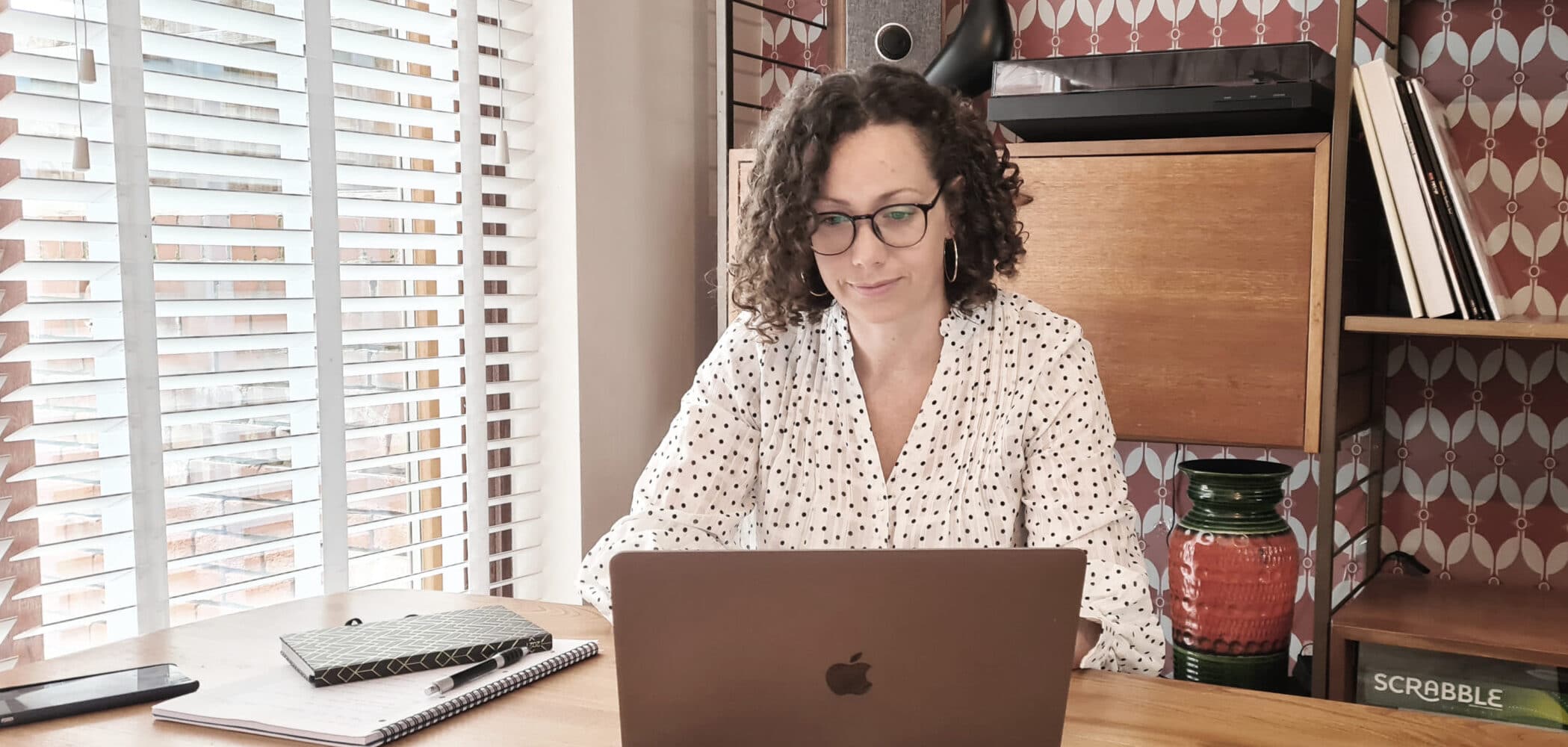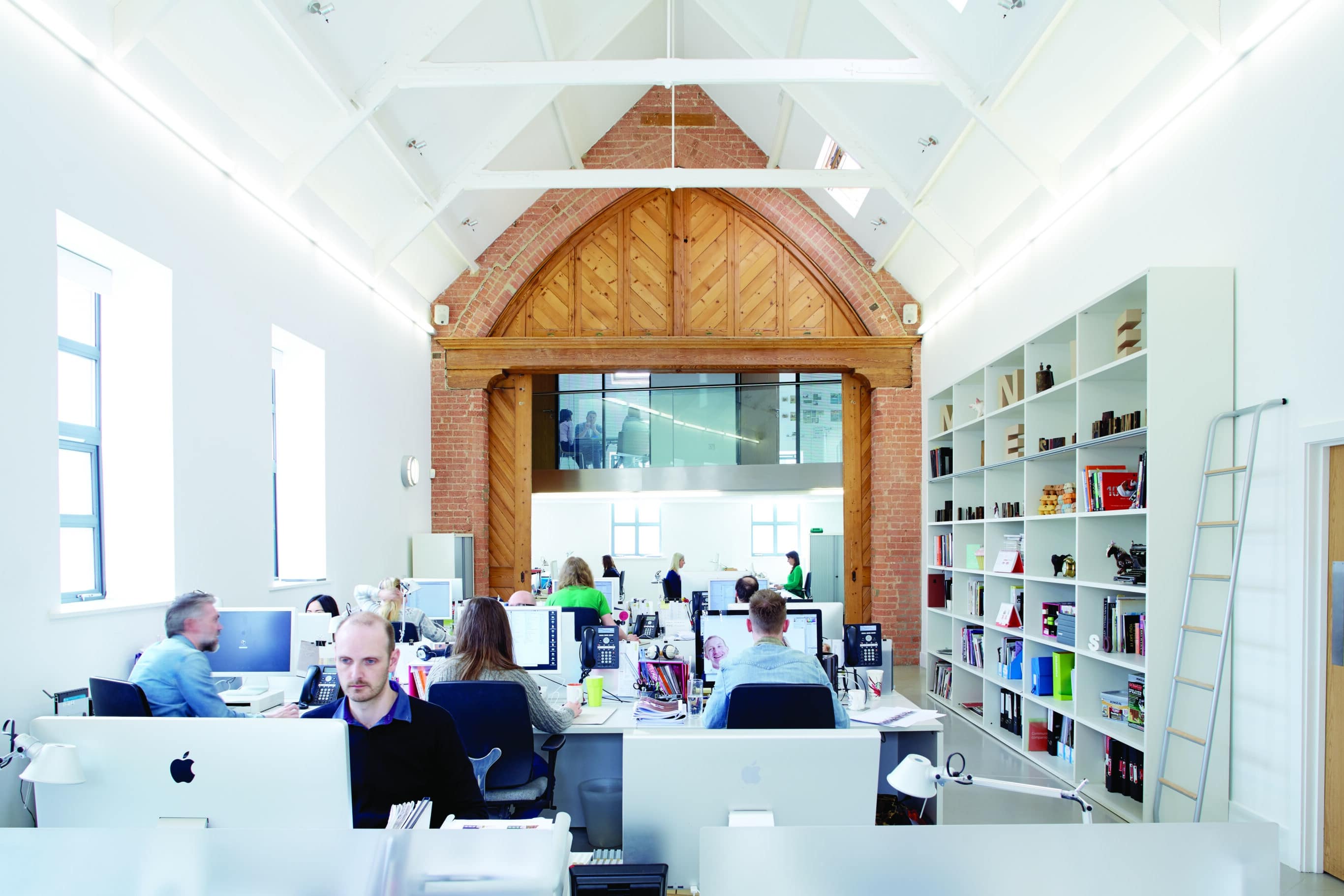How to make flexible working a success – a real life example

We’ve been working flexibly for years here at Michon, and whilst it’s such a hot topic I thought I’d share what we’ve learnt to make it work.
I joined the company as an Account Marketing Executive 13 years ago in my twenties. I was footloose and fancy free, with my whole career ahead of me.
Since then, I’ve worked my way through from being Executive through to leading a team as Account Marketing Director. On the personal side over those years, I got married and am now raising two children.
Through two maternity leaves, I have been supported, included, considered, and not discounted or left behind. We even paved the way for Michon’s first official job share. I’ve been given the flexibility to continue my career here whilst retaining a balance of home and family time that is so important in the early years.
Through being given flexibility, and me returning it (along with a lot of hard work to prove it can be done!), we’ve made flexible working a real success for us. The phrase ‘you take out what you put in’ works on both sides of the arrangement – I am loyal to Michon and Michon are loyal to me.
Our Managing Director, Jeff, already talked some time ago about the need to offer flexible working to retain good staff and save on recruitment time and costs, but the growing need for flexibility has been particularly accelerated with the pandemic.

A balanced approach
New research shows that people really want to retain at least a proportion of home working once the pandemic is over. A survey of 2,000 randomly selected workers found that two thirds of workers said that they wanted to switch to a combination of home and office working, when it was safe to do so. Many cited the time saved on commuting and an improved work-life balance for wanting to retain a level of home working.
It’s worth noting though, that in our creative industry it’s widely acknowledged that collaborating in person won’t ever, nor should ever, be totally replaced. From the research mentioned above, over half (51%) of those who have worked at home in the past year missed social interaction with colleagues, suggesting demand for full-time home working will be limited.
Emelia Quist, Senior Policy Manager at the Federation of Small Businesses agrees that “Often there is simply no substitute for in-person interaction with colleagues and clients, particularly when it comes to delivering personal services, team building, training new staff and moving projects forward.”
Appreciating that many experts feel greater flexibility is required, The Government have announced that they’re looking into increasing employees’ legal rights to request flexible working. According to The Times, A public consultation is due to be launched later in the year exploring how the flexible approach to office work could be extended so that Brits can maintain their current work pattern.
So now more than ever is the time to look at how to make flexible working a success for employers and employees, and crucially, for our clients.
Having worked flexibly since 2015, here’s what I think is key to making it a success in an agency:
Mutual respect
Respect and trust are a huge part of flexible working. Both parties need to truly value, trust and respect each other. The reward to the employee is greater flexibility and life balance around factors like commutes and childcare. And the reward to the employer is that they have someone uber keen to prove it works and someone incredibly loyal and hardworking because they’ve been offered valued flexibility.
Transparency and communication
To make it work, there needs to be planning and communication for when someone is or isn’t in the office, or if they’re not in the office, are they on or offline. So it’s worth looking at how people might know when you are or are not in the office, and if you are available or not, e.g. a schedule, a calendar, Microsoft Teams etc.
Nurturing the team
Our culture is hugely important to us at Michon – I’m sure it’s a significant factor in why so many of us have been here so long. It’s absolutely paramount with the increase of flexible working that we ensure the culture and our people are still nurtured. Taking regular time to check in with individuals and as teams becomes even more important. Outside of the pandemic, we make sure there are times each week when the whole team are in. That ensures our clients have consistent management and we’re all aware of projects going on across the teams and business as a whole, as well as maintaining crucial team building and relationships.
Consistent service for the client is paramount
Whilst it’s hugely beneficial to have happy employees and for them to be at the heart of everything you do, if you haven’t got happy, well-serviced clients, there won’t be an agency to be at the heart of! The idea is that all flexible working, dual management of projects or job sharing, should happen entirely seamlessly as far as the client is concerned. This means good communication, overlap of team members working together, good handover sessions and notes, and a diligent filing and/or project management system – e.g. Teams, Trello or whatever system you lean to.
Company-wide support
If everyone wants at least a small element of flexible working, it relies on everyone keeping up their end of the bargain! If it’s to be retained as an option, it needs to work, and that’s down to everyone in the company. It needs careful management, conscious processes, evolution and refinement of those processes and awareness and consideration of others. And ultimately, hard work – so there’s never any question on when or if that hard graft is taking place.
In summary
So, to put my tips simply, it just needs good communication and dedication to making it work. In a world of change and unpredictability, it seems one thing is for sure – flexible working is here to stay and is growing in both prominence and demand.
At Michon, we’ve found it helps us retain good staff and has enabled us to have a diverse team – something which is at the heart of our success. Good luck to everyone as we move into post-pandemic times and explore how things have affected our work lives of the future.